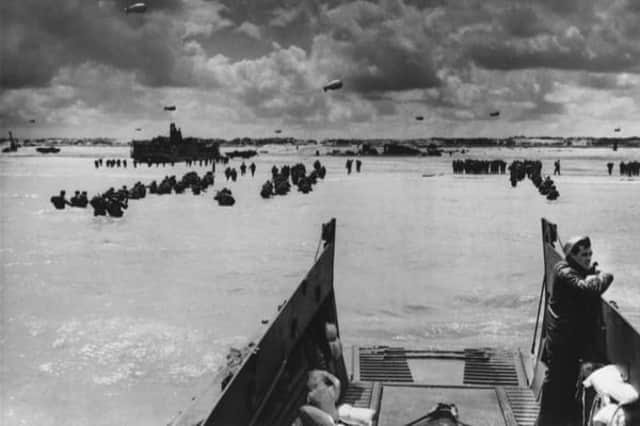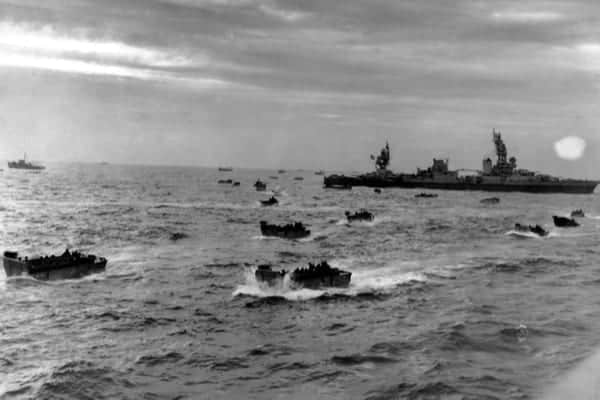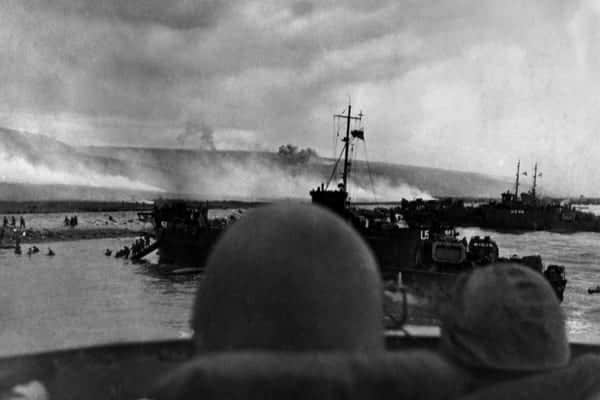15 fascinating facts you didn't know about D-Day


This year marks the 75th anniversary of the Battle of Normandy and the D-Day landings, which saw more than 60,000 British troops land on the beaches of Normandy to fight Nazi Germany.
A host of events will be taking place around the UK to commemorate those who fought during the D-Day operation in 1944, paying tribute with military parades, flyovers, firework displays and festivals.
Advertisement
Hide AdAdvertisement
Hide AdIf you're keen to learn more about the historic day, here are 15 fascinating facts you might not know.


The 'D' stands for 'Day'
The 'D' in D-Day simply stands for the word 'Day'.
D-Day is used as a general military term for the day on which an operation begins, although it is now typically only used to refer to the Allied landings in Normandy.
A pigeon delivered the first D-Day news


Thousands of pigeons were drafted for Allied service during World War II, with a bird named Gustav being responsible for bringing the first report of the Normandy landings to the British mainland.
Gustav traveled 150 miles on D-Day to reach RAF Thorney Island to relay the message that the allies had landed.
Advertisement
Hide AdAdvertisement
Hide AdD-Day was delayed by the weather
D-Day was originally planned for 5 June 1944, but it had to be delayed 24 hours due to poor weather conditions.